Application mode
Online
Assessment fee
$198
Prerequisites
Yes
Languages
Non-tested
languages
Overview

A Recognised Practising credential is granted in low demand languages and languages of new and emerging communities where testing is not available. A practitioner who holds a Recognised Practising credential has satisfied the minimum training requirements and has recent and regular experience as a translator and/or interpreter, but has not had their skills tested by NAATI.
Recognised Practising credentials do not have equal status with certification, nor do they stipulate a specific level of transfer competency.
Once testing becomes available for the language in which a practitioner holds a Recognised Practising credential, the Recognised Practising credential will no longer be able to be recertified. The practitioner must sit a test (either Certified Provisional Interpreter or Certified Translator) if they wish to maintain a current certification.
See also: Recognised Practising Translator (Written English into Auslan).
Information for applicants
To be eligible for a Recognised Practising credential (either Recognised Practising Translator, Interpreter or Deaf Interpreter) you need to meet certain prerequisite requirements.
There are two prerequisite pathways outlined below which explain your options.
The pathway you choose will determine what documents or evidence you need to supply with your application to NAATI, and whether you need to sit any screening tests.
When you are ready to apply, go to the ‘Apply‘ tab for important information.
1 – Completing AQF units (e.g. Skill Set Course) + work practice
Requirements
- Completed AQF units in interpreting or translating theory (whichever is relevant to your credential) and/or alternate formal education assessed by NAATI as meeting prerequisite requirements, for example a 40-hour Skill Set Course. In situations where accredited training is not available, unaccredited interpreter or translator training & education will be assessed by NAATI to determine its eligibility.
- Met NAATI’s standard for language competency, ethical competency and intercultural competency. This may include sitting a test with NAATI.
- Provide evidence of recent relevant (translating or interpreting) work experience in the language combination.
What do you need to do next?
Depending on the training you complete (for example, some of the Skill Set Courses described below will meet the English proficiency requirement), you may need to submit evidence of your English proficiency or Auslan proficiency (for Deaf Interpreters) with your application. Read the requirements here.
Work practice requirements
You will need to attach two work reference letters to your application. Each reference letter must address the following criteria:
- Each reference letter must come from a different employer or organisation.
- At least one reference must be from a translation and/or interpreting service provider, where you have been contracted, employed or engaged in translation or interpreting duties.
- Each reference must demonstrate that you have worked in the language and skill for which you are applying for (i.e. if you are applying for a Recognised Practising Interpreter (English and Oromo) credential, your reference letter must show that you have work experience as an English and Oromo interpreter).
- The references must demonstrate that the work experience is current, regular and ongoing (i.e. each reference must cover a period of at least three months). At least one reference must cover the three (3) months immediately preceding the application. Other references may cover work experience that has been completed no more than six (6) months ago.
- Each reference letter must be on the organisation’s letterhead and be signed and dated by an individual authorised to provide this reference on behalf of the organisation.
For work experience as a translator: you must have dealt with the written word and translated written messages from one language into another.
For work experience as an interpreter: you must have dealt with the spoken word or signed language, and interpreted what someone said from one language into another.
Work experience as a bilingual worker cannot be considered.
Given the range and nature of the languages in which Recognised Practising credential can be awarded, NAATI acknowledges there are situations where little work is available. NAATI will consider each application based on its merits, considering the levels of demand for services in that language.
NAATI will consider reference letters for voluntary or pro bono work as long as the reference letter meets the criteria outlined above.
Meeting the ethical and intercultural competency prerequisites
We will assess your application (including the subjects that you studied) to determine whether you have met the ethical and intercultural competency prerequisite requirements. If not, we will let you know and will invite you to sit the Ethical Competency and/or Intercultural Competency test/s with NAATI. You will need to pass these tests before being awarded your Recognised Practising credential.
Finding a Skill Set Course to complete
One of the options under this pathway is to complete what is called a Skill Set Course. These are 40-hour courses that NAATI recognises as providing foundational training required to work as a translator or interpreter, and that meet some or all of NAATI’s prerequisite requirements. You can find a list of institutions who offer this option here.
2 – Existing NAATI credential in another language
Requirements
- For Recognised Practising Interpreter: Holds Recognised Practising Interpreter, Certified Provisional Interpreter, Certified Interpreter, Certified Specialist Interpreter or Certified Conference Interpreter in another language combination.
- For Recognised Practising Translator: Holds Recognised Practising Translator or Certified Translator in another language combination.
- Provide evidence of recent relevant (translating or interpreting) work experience in the language combination.
What do you need to do next?
If you meet all the requirements for this pathway, you can apply to NAATI for a Recognised Practising credential. In your myNAATI account, you will select the ‘Additional certifications’ application form.
You have already met the prerequisite requirements. If your application is complete, you will be awarded the credential.
Work practice requirements
You will need to attach two work reference letters to your application. Each reference letter must address the following criteria:
- Each reference letter must come from a different employer or organisation.
- At least one reference must be from a translation and/or interpreting service provider, where you have been contracted, employed or engaged in translation or interpreting duties.
- Each reference must demonstrate that you have worked in the language and skill for which you are applying for (i.e. if you are applying for a Recognised Practising Interpreter (English and Oromo) credential, your reference letter must show that you have work experience as an English and Oromo interpreter).
- The references must demonstrate that the work experience is current, regular and ongoing (i.e. each reference must cover a period of at least three months). At least one reference must cover the three (3) months immediately preceding the application. Other references may cover work experience that has been completed no more than six (6) months ago.
- Each reference letter must be on the organisation’s letterhead and be signed and dated by an individual authorised to provide this reference on behalf of the organisation.
For work experience as a translator: you must have dealt with the written word and translated written messages from one language into another.
For work experience as an interpreter: you must have dealt with the spoken word or signed language, and interpreted what someone said from one language into another.
Work experience as a bilingual worker cannot be considered.
Given the range and nature of the languages in which Recognised Practising credential can be awarded, NAATI acknowledges there are situations where little work is available. NAATI will consider each application based on its merits, considering the levels of demand for services in that language.
NAATI will consider reference letters for voluntary or pro bono work as long as the reference letter meets the criteria outlined above.
How to apply
To apply for a Recognised Practising credential, you will need to create an account in our customer portal, myNAATI, and submit your application from there.
Please make sure you have read and understood the Terms and Conditions before applying for this credential.

Step one: Register and log in to your myNAATI account and submit an application.

Step two: NAATI will process your application. You will receive an email once your application is processed (generally within a week).
Step one: Create a myNAATI account and submit an application
Applications for Recognised Practising have to be submitted via our customer portal, myNAATI. If you have not yet created an account, please view our ‘How to register a myNAATI account’ guide.
Once logged in to myNAATI navigate to the ‘Submit an application’ icon on the homepage, then to your chosen credential. If you already hold a NAATI credential, you will select the ‘Additional certifications‘ icon instead.
Follow the prompts to complete your application, and then submit your application. If you have submitted successfully, you will receive a confirmation email. Add info@naati.com.au to your safe senders list to make sure you receive updates about your application.
Step two: NAATI will process your application
Once NAATI has assessed your application, you will be contacted to let you know what will happen next. This will usually happen within a week of applying.
The team at NAATI will let you know if you need to submit more information, such as evidence of English Proficiency, or if you need to sit an Ethical Competency or Intercultural Competency test with NAATI (for an additional fee).
If your application is complete and you have met all of the prerequisite requirements, you will be granted the credential.
Can I apply for both Recognised Practising and certification?
If you are awarded a Recognised Practising credential, you have met all of the prerequisites to sit a Certified Provisional Interpreter or Certified Translator test.
Recognised Practising credential will not be awarded in all languages. If there is already a strong pool of certified practitioners or if NAATI offers certification testing on a regular basis for your language, we will not award Recognised Practising. If we do not award Recognised Practising for your language, you will be able to lodge an application for certification testing.
Please note: You cannot claim Credentialed Community Language (CCL) points if you are awarded a Recognised Practising credential, and a Recognised Practising credential cannot act as a skills assessment for migration purposes.
Useful resources

Frequent questions
View our terms and conditions or check out the answers to some of our frequently asked questions (FAQs).

Next steps
Learn more about the importance of recertification for all NAATI certified practitioners, and the job and professional development opportunities available to you.

Guides
Need help with your application? View our handy guides below to help navigate the application process.

